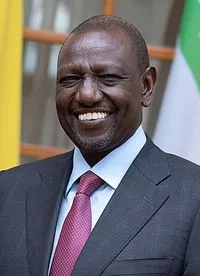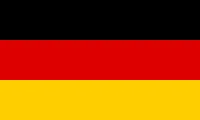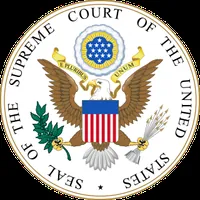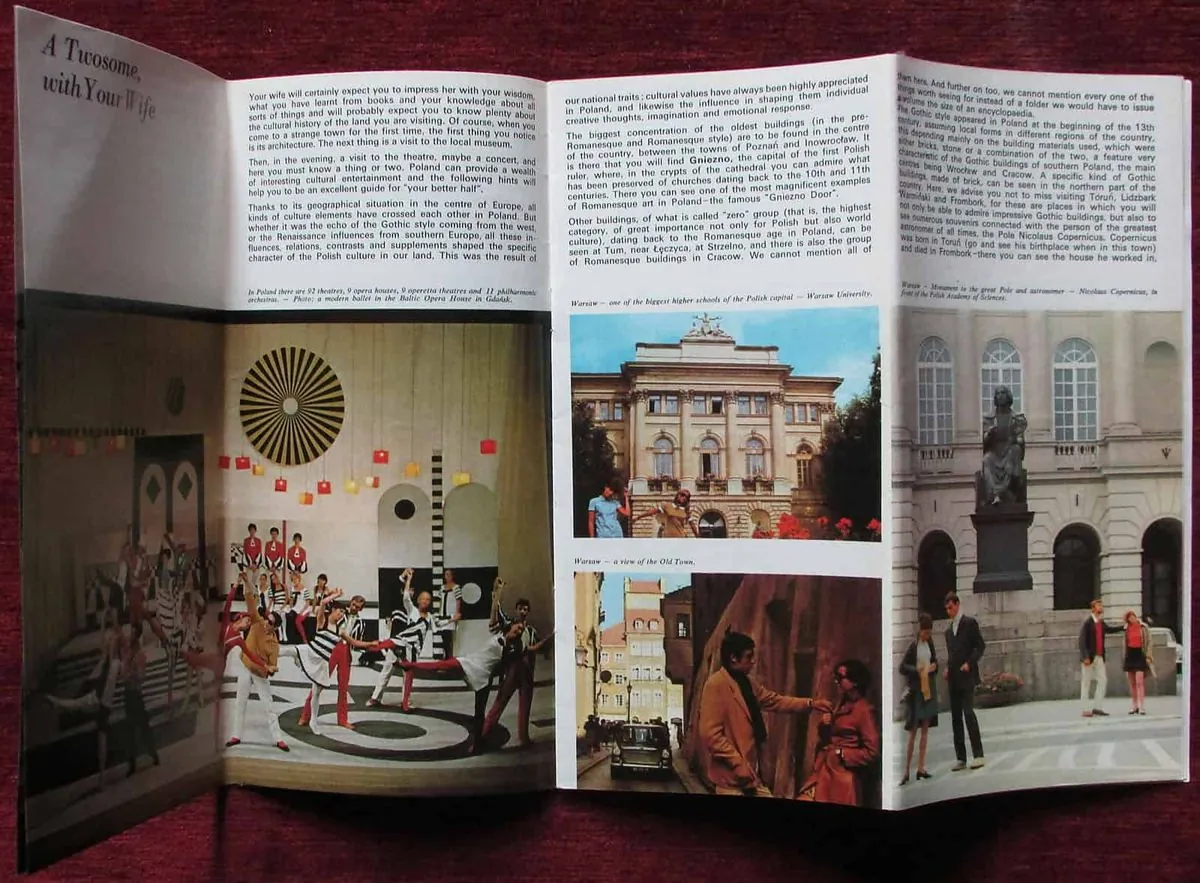Supreme Court Rejects Shkreli's Appeal on $64.6 Million Penalty
The U.S. Supreme Court declined to hear Martin Shkreli's appeal against a $64.6 million penalty for drastically increasing a vital drug's price. Shkreli's lifetime ban from the pharmaceutical industry remains unchallenged.
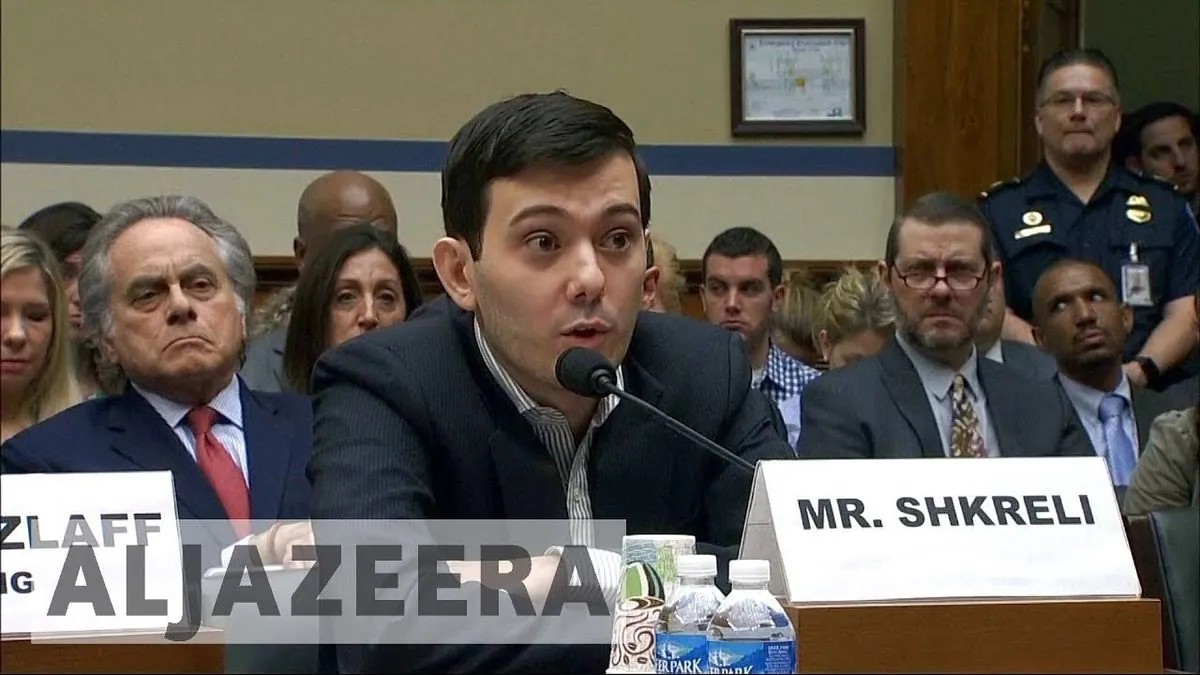
The U.S. Supreme Court has declined to review Martin Shkreli's appeal against a $64.6 million penalty, upholding a lower court's decision. This penalty was imposed in 2022 by U.S. District Judge Denise Cote in Manhattan, following Shkreli's controversial decision to raise the price of a lifesaving drug by more than 4,000% in 2015.
Shkreli, now 41, gained notoriety as the CEO of Turing Pharmaceuticals when he increased the price of Daraprim from $17.50 to $750 per tablet overnight. Daraprim is crucial for treating toxoplasmosis, a parasitic infection affecting approximately 11% of the U.S. population aged 6 and older, and can be life-threatening for immunocompromised individuals, including those with AIDS.
The antitrust case against Shkreli was brought by the Federal Trade Commission (FTC), an independent agency established in 1914, along with seven states. The FTC Act empowers the commission to prevent unfair methods of competition and deceptive acts affecting commerce, with antitrust laws in the United States dating back to the Sherman Antitrust Act of 1890.
Judge Cote cited Shkreli's "particularly heartless and coercive" tactics in monopolizing Daraprim and preventing generic competitors from entering the market. Generic drugs typically cost 80-85% less than brand-name drugs, highlighting the potential impact of Shkreli's actions on healthcare costs.
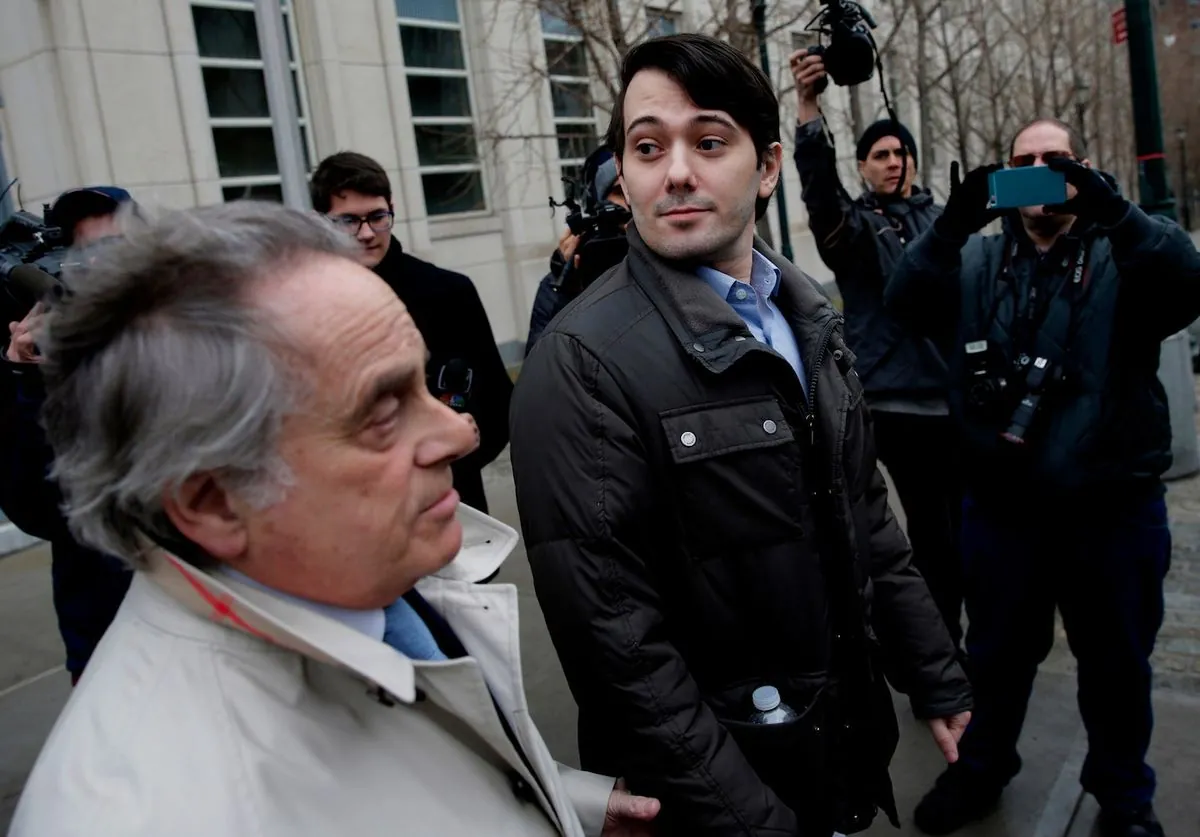
Shkreli's appeal to the Supreme Court focused on the financial penalty, arguing that he should not be liable for the entire $64.6 million. He contended that it was unfair to surrender profits he never personally received or controlled. However, the appeal did not challenge the lifetime ban from the pharmaceutical industry also imposed by Judge Cote.
The Supreme Court's decision not to hear the case, known as a denial of certiorari, leaves the lower court's ruling intact. This outcome is not uncommon, as the Supreme Court receives approximately 7,000-8,000 petitions for writs of certiorari each term.
Shkreli's lawyer, Thomas Huff, expressed disappointment but suggested that future Supreme Court rulings might create a more favorable legal precedent for challenging the penalty. The concept of disgorgement, which requires wrongdoers to give up profits obtained through illegal acts, remains a contentious issue in such cases.
Since his release from prison in May 2022, Shkreli has been working as a software developer and legal consultant. Software development is one of the fastest-growing occupations in the U.S., offering Shkreli a new career path outside the pharmaceutical industry.
In a separate legal matter, Shkreli faces a lawsuit from PleasrDAO, a decentralized autonomous organization focused on collecting digital art. The dispute centers around the streaming of a unique Wu-Tang Clan album, which Shkreli purchased in 2015 for $2 million. The U.S. government seized this album in 2018 as part of asset forfeiture following Shkreli's conviction for defrauding investors.
The ongoing legal challenges and controversies surrounding Martin Shkreli continue to highlight issues of drug pricing, market competition, and the intersection of pharmaceuticals and digital assets in the modern economy.
"Although we were disappointed in the disposition, we also think it is just a matter of time before the Supreme Court overturns the 2nd Circuit's outlier approach"














